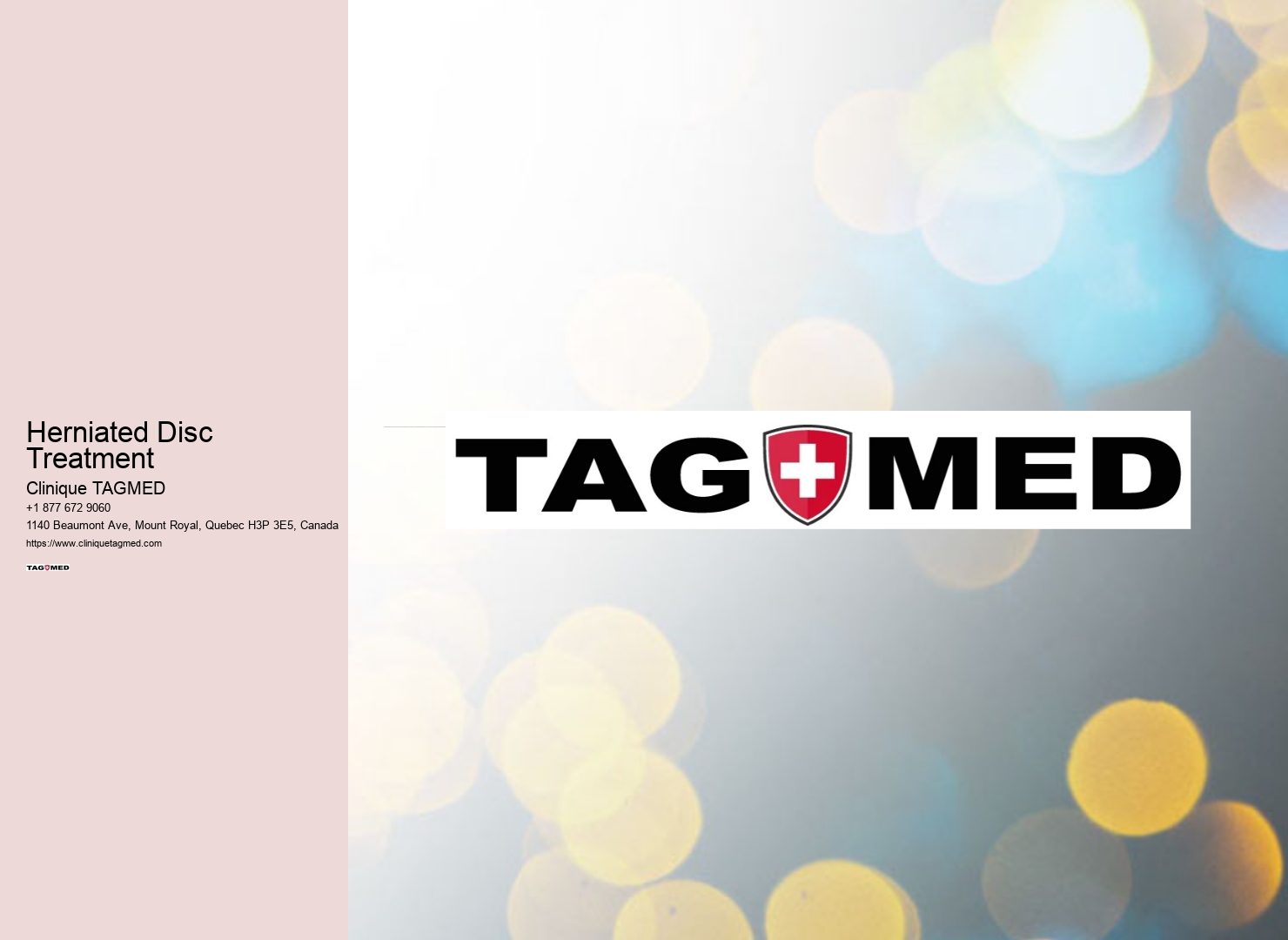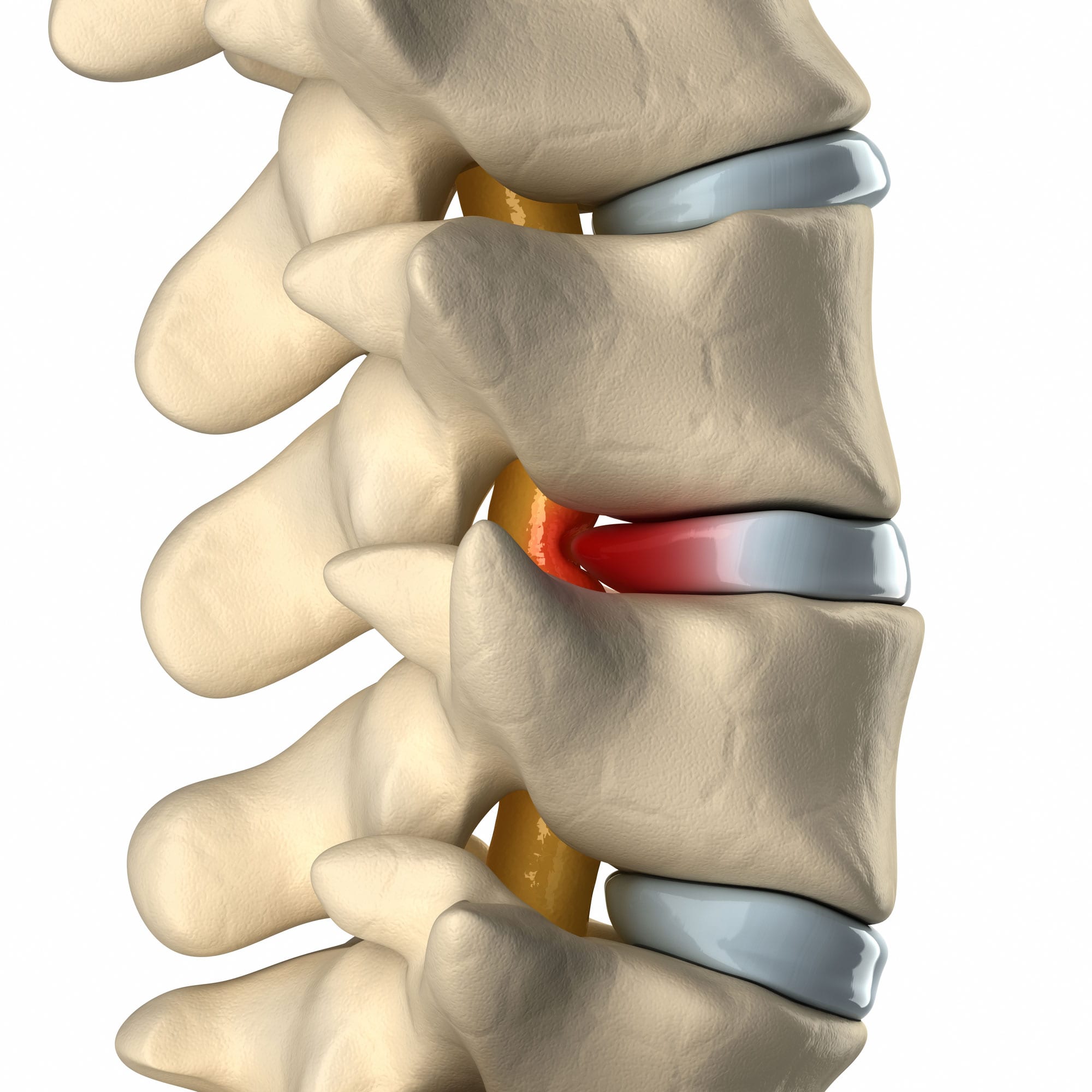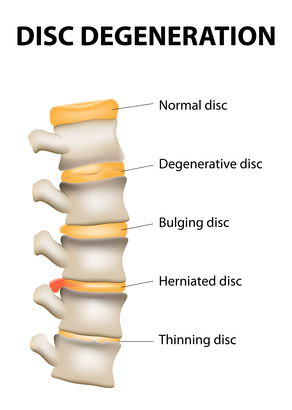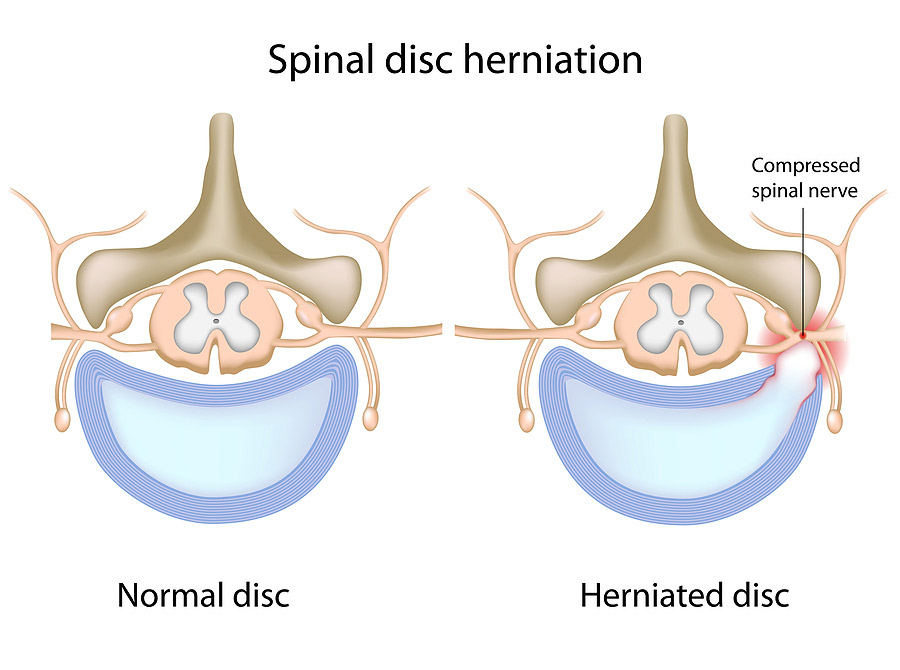
Nerves extend from the brain and spinal cord, sending important messages throughout the body. For example, if somebody has a pinched nerve (nerve compression), their body may send them warning signals such as pain. These signals must not be ignored, and people must consult reliable healthcare practices like Clinique TAGMED for pinched nerve treatment.
Damage from a pinched nerve may be minor or severe. It may cause temporary or long-lasting problems. The earlier people get a diagnosis and treatment for a pinched nerve, the more quickly they will find relief. Sometimes, the damage caused by a pinched nerve cannot be reversed, but treatment usually relieves pain and other symptoms.
A pinched nerve is a compressed nerve. Different body parts may experience pain, numbness, and tingling due to surrounding tissues pressing on nerve roots. In several instances, the reason is a herniated disc slipping out between vertebrae in the spinal cord and pressing on the spinal nerve that runs down the leg. Most pinched nerves start in the neck, middle or upper back (thoracic or lumbar radiculopathy), or lower back (thoracic radiculopathy). Additionally, some people may suffer pinched nerves in their hand, elbow, and wrist (wrist carpal tunnel syndrome).
Montreal-based Establishments such as Clinique TAGMED have developed various pinched nerve treatment options. Patients can visit them and take advantage of superior medical services and outstanding customer service offered by experienced healthcare professionals and other staff.
Pinched nerves are quite common in the country. People of any age can experience pinched nerves, but those aged 50 and older are most likely to have them due to arthritis and degeneration in the spine and other body parts.
Pinched nerves can happen throughout the body based on the location of the nerves being affected. The most common areas where patients can feel the effects of a pinched nerve are mentioned below:
People experiencing excruciating pain in any of these areas must play it safe and call their healthcare provider for pinched nerve treatment. A pinched nerve can be painful but is usually treatable with rest, over-the-counter medication, and physical therapy. Most people recover fully from a pinched nerve.

Some conditions can cause tissue or bone to compress a nerve and force people to seek pinched nerve treatment. These include:
It is common for people not to understand the cause of their pinched nerves. Fortunately, they can seek help from medical experts at Clinique TAGMED. They specialize in high-quality care for issues related to the musculoskeletal system. They also have easy access to advanced equipment and medical technologies required to diagnose and treat pinched nerves anywhere in the body.
A pinched nerve can become serious, causing chronic pain or leading to permanent nerve damage. In addition, fluid and swelling can damage the nerves, so patients must contact their medical practitioner at Clinique TAGMED if their symptoms worsen or do not improve after several days. To find the source of the pain and create a personalized plan for pinched nerve treatment, healthcare providers physically examine the patient's neck, arms, shoulders, wrist, and hands. They look for muscle weakness, test changes in reflexes, and ask about their patient's sensations. They may also conduct some critical tests, including blood tests, X-rays, Computed tomography (CT) scan, Magnetic resonance imaging (MRI), Electromyography (EMG), etc.
Since these tests are vital for developing an effective pinched treatment program, patients must choose practices like Clinique TAGMED. As a result, they are equipped with suitable medical apparatus and updated knowledge and information to handle a diverse clientele.

Rest for the affected area is the most frequently recommended treatment for a pinched nerve. Medical experts at Clinique TAGMED usually ask patients to stop any activities that cause or aggravate the compression. Depending on the location of the pinched nerve, patients may need a splint, collar, or brace to immobilize the area. If they have carpal tunnel syndrome, laser therapy, as offered by reputable practices, including Clinique TAGMED, can be an effective alternative to traditional surgery. Laser treatment uses concentrated light energy to stimulate the healing of damaged tissue, reduce inflammation and relieve pain. During the treatment, a small laser probe is placed on the wrist and emits pulses of light that penetrate the tissues to stimulate healing.
A private practice based in Montreal and Terrebonne, Clinique TAGMED offers a full range of high-technology therapies that allow patients to achieve faster and more lasting results for both acute and chronic conditions. The clinic's healthcare professionals have over 25 years of experience in the musculoskeletal field. As a result, they can determine the cause of pain and plan an effective treatment program tailored to the patient's needs and preferences without compromising medical care quality.
